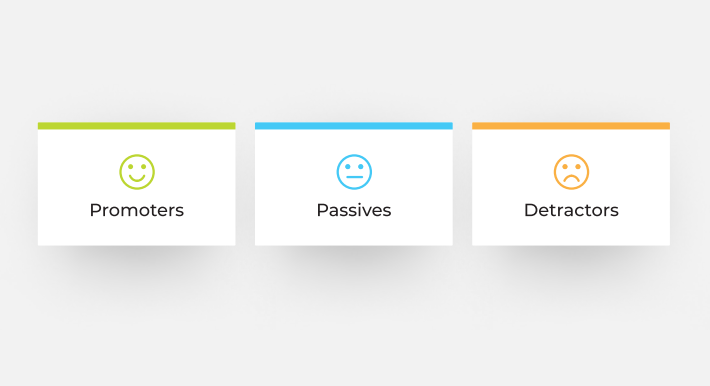For decades, mystery shopping has been the industry-standard form of gathering customer feedback and customer-centric businesses have relied on it to get insights into their customers’ experiences. Engage a third-party provider, they send in undercover customers, you find out everything you need to know about the customer experience and keep an eye on your staff at the same time… sounds great, right? Unfortunately, it’s not quite as clear-cut as that – not only is this old-school approach ineffective for judging customer experience, it could even be considered borderline unethical in today’s business environment. But why?

Oh, the data issues…
It’s inherently difficult to gather large amounts of reliable data from mystery shopping. Every time a mystery shopper recreates the customer experience, they have to travel to and spend time in a different store or location. That means the information gathered has a relatively high cost, with no decrease in individual cost when gathering larger amounts of data. Typically, because of cost, conclusions are based off as few as three mystery shopping experiences, opening up a world of validity and bias issues.
As humans, we’re naturally influenced by a wide range of subconscious biases. For example, if a mystery shopper has an initial bad experience at a store, it’s likely any subsequent experiences there will also be viewed negatively. Mystery shoppers are also able to report on their customer experience, but unable to give any feedback on customer preferences – why did they go to a particular shop? What aspect of the experience did they value the most?
Ultimately, mystery shopping is flawed from a data perspective. Gaining cost-effective, unbiased information, in quantities large enough to have scientific rigor, which also reflect customers’ unique perspectives and preferences, is near impossible to achieve through the current mystery shopping model.
Is it legal?
Recently, there has also been extensive debate around the legality and ethics of mystery shopping. Some industry thought leaders have likened mystery shopping to spying on your own family—using dubiously trained desperados to snoop on staff, and basing disciplinary decisions on their semi-literate reports! A group in Australia has even gone so far as to take out a class action against retailers and the providers of mystery shopping. Now, this may be taking a rather extreme standpoint on the topic, but the issue remains. There is a genuine question around the ethical nature of mystery shopping. With privacy becoming an increasingly important issue, any activity which could be perceived as invading the privacy of your own staff is an unnecessary risk.
The way forward – use your customers!
To test something operational—something that can be answered by a yes/no question—mystery shopping still has a place in business. However, for measuring every other aspect of the customer experience, there’s another, better path. That path is instant, actionable feedback, gathered from your customers in volume and in real time.
Your business already has hundreds or thousands of ‘mystery shoppers’ – the customers that purchase from you every day! Customer feedback technology exists to take the mystery out of these shoppers for you by providing you with validated, instant feedback that enabled you to continuously improve the aspects of your business that you know your customers care about.
Imagine if instead of relying on the potentially biased, limited experiences of a few mystery shoppers, you were able to gain insight into the experiences of all your customers, understanding their unique perspectives and opinions? Now that’s powerful.






